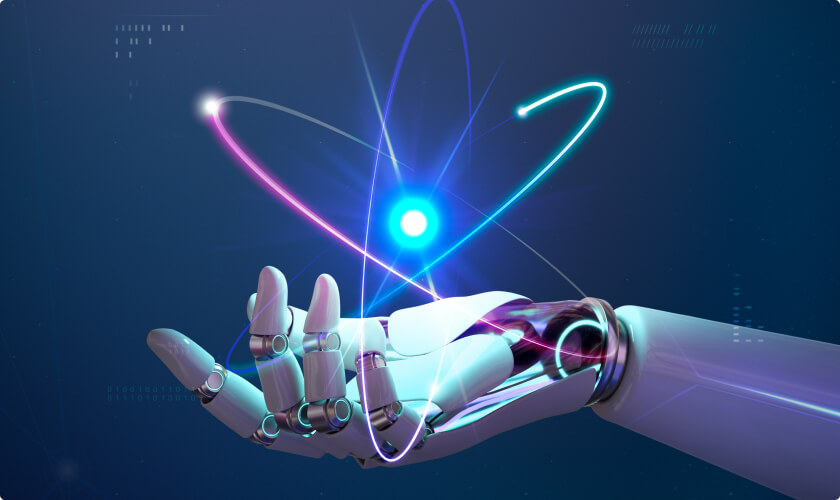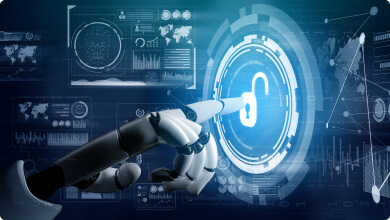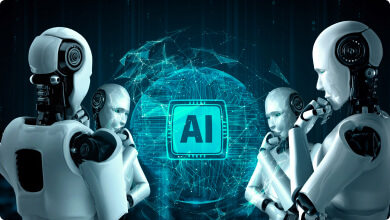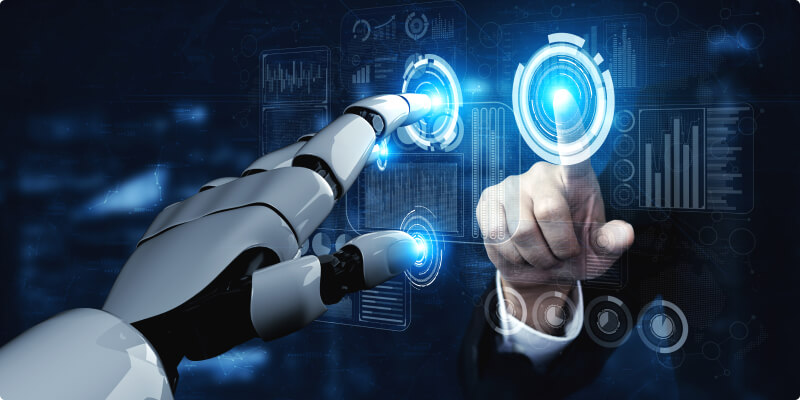More details
Machine learning has numerous applications, including image and speech recognition, natural language processing, predictive modeling, and recommendation systems. Machine learning is used in many industries, including healthcare, finance, and marketing, to analyze large and complex data sets and make predictions or decisions based on the insights gained.
In an AI review, the following aspects may be evaluated:
-
1.
Performance: This involves evaluating the accuracy, speed, and efficiency of the AI system. This can be done by comparing its performance against benchmarks or existing solutions.
-
2.
Algorithms: The algorithms used by the AI system are a key component of its effectiveness. A review may examine the algorithms to assess their robustness, scalability, and interpretability.
-
3.
Data quality: The quality of data used to train and test the AI system can have a significant impact on its performance. A review may assess the quality, diversity, and representativeness of the data.
-
4.
Bias: Algorithms can sometimes exhibit biases, which can lead to unfair or unjust outcomes. A review may evaluate the potential for bias in the AI system and make recommendations for reducing it.
-
5.
Explainability: In some applications, it may be important to understand how an AI system is reaching its decisions. A review may evaluate the explainability of the AI system, and make recommendations for improving it.
-
6.
Security: AI systems can be vulnerable to attacks, and data breaches. A review may assess the security of the AI system and make recommendations for improving it.
-
7.
Ethical considerations: AI systems can have a significant impact on society, and it is important to consider the ethical implications of their deployment. A review may evaluate the ethical considerations of an AI system, and make recommendations for ensuring that it operates in a responsible and ethical manner.
These are some of the key aspects that may be evaluated in an AI review. The specific focus of a review will depend on the goals and requirements of the system being evaluated.
AI reviews can be conducted by a variety of stakeholders, including developers, users, regulators, and experts in the field of artificial intelligence. The methodology used for an AI review can vary, but it may involve testing the system with different types of data, conducting simulations, and reviewing the underlying algorithms and processes.
Overall, AI reviews play an important role in ensuring the responsible and effective deployment of artificial intelligence systems, and in promoting trust in the technology.



















